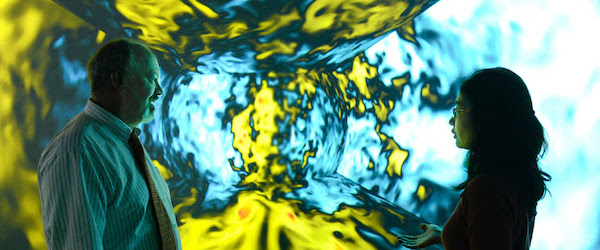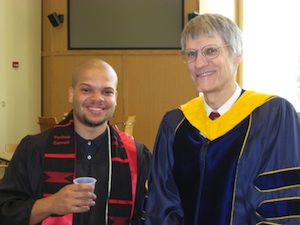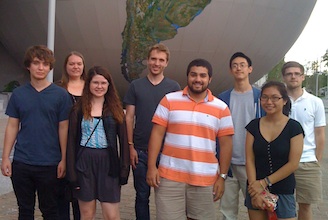Welcome to CDSA!
CDSA is an integrated 10-week summer program designed to introduce students to computational physics and data science through original research projects in astrophysics. Applications include supernovae and supernova remnants, interacting binary stars and accreting compact objects, gamma-ray bursts, accretion disks, stellar winds and jets, r-process nucleosynthesis, and neutrino astrophysics. The computational tools taught to and applied by the students include hydrodynamic and magnetohydrodynamic simulations, nuclear reaction networks, Monte-Carlo methods, spectral synthesis codes, and various data analysis techniques applied to both simulation and observational data.
Participants will spend the summer in an immersive environment that includes not only a faculty-mentored research project, but extensive training in all aspects of independent research through classroom instruction, hands-on training exercises, small group discussions, and activities with other summer programs on campus. The program ends with students giving a research talk to fellow physics students and faculty and presenting a poster at a campus-wide Undergraduate Research Symposium.
Hear from past CDSA participants about their experiences at NC State.






